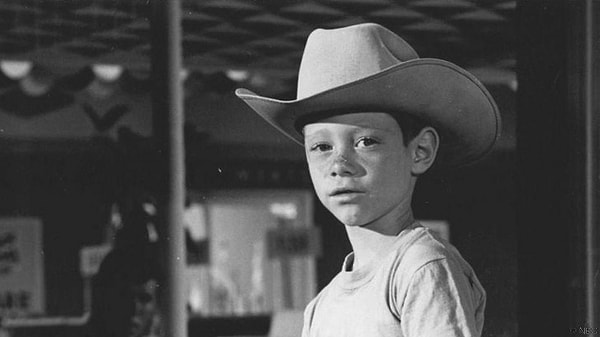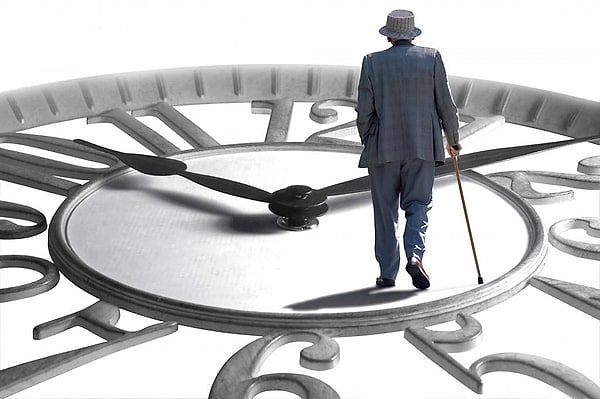Scientists Studied Why Time Seems to Pass Faster as We Age
A recent study sheds light on Aristotle's concept of time. Scientists have taken one step closer to understanding why time seems to speed up as we age. The research involved analyzing brain signals recorded while participants watched an episode of an old Alfred Hitchcock series. The findings provide significant clues about how our perception of time changes with age.
Source
Research was conducted through a series by Alfred Hitchcock.

In a study published in the Communications Biology journal on September 30th, data from the long-term brain aging project conducted by the Cambridge Centre for Ageing and Neuroscience (CamCAN) was utilized.
The research involved a total of 577 participants, who watched an eight-minute episode of the old television series Alfred Hitchcock Presents, titled 'Bang You're Dead'. During the viewing, the brain activities of the participants were recorded using functional MRI (fMRI).
The researchers specifically chose this episode because previous studies had revealed that it triggered the most synchronized brain activity patterns in viewers. This provided an ideal environment to examine how the brain perceives and follows events.
According to the concept of time rooted in Aristotle's philosophy, the more significant events that occur within a certain period, the longer that duration is subjectively perceived.

The ages of the participants in the study ranged from 18 to 88, and their brain activity was analyzed using the Greedy State Boundary Search (GSBS) algorithm. This algorithm is capable of detecting instantaneous transitions between stable states of brain activity. The findings indicated that the brains of older participants transitioned less frequently to new activity states and that these states lasted longer.
Researchers suggest that this discovery could contribute to older adults' perception of time passing more quickly. According to a concept of time dating back to Aristotle, the more significant events experienced within a time frame, the longer that period is subjectively perceived. Since the brains of older individuals record fewer 'events', it may give rise to the sensation of time passing more swiftly.
It was explained with examples from ages 5 and over 50.

Researchers attribute the reduction in transitions between nerve states in older adults to age-related neural dedifferentiation. This condition can lead to different regions of the brain responding less specifically and making it harder to perceive the start and end of events, but it alone does not fully explain the shift in time perception.
Linguist Joanna Szadura, on the other hand, emphasizes the difference between the brain's internal time scale and society's linear measurements of time, such as hours, days, and years. For instance, a year constitutes 20% of a 5-year-old child's life, while it only makes up 2% of a 50-year-old's life, which impacts how time perception changes with age.
There are various factors that influence our perception of time.

Researcher Linda Geerligs from Radboud University in the Netherlands emphasizes that gaining new experiences, traveling, and social interactions can make time feel more intense. The research indicates that both brain activities and life experiences play a role in understanding why time seems to speed up as we age.
In summary, the sensation of time passing more quickly as we age can be explained by a combination of changes in the neural activity patterns in the brain and individual experiences.
Keşfet ile ziyaret ettiğin tüm kategorileri tek akışta gör!

Send Comment